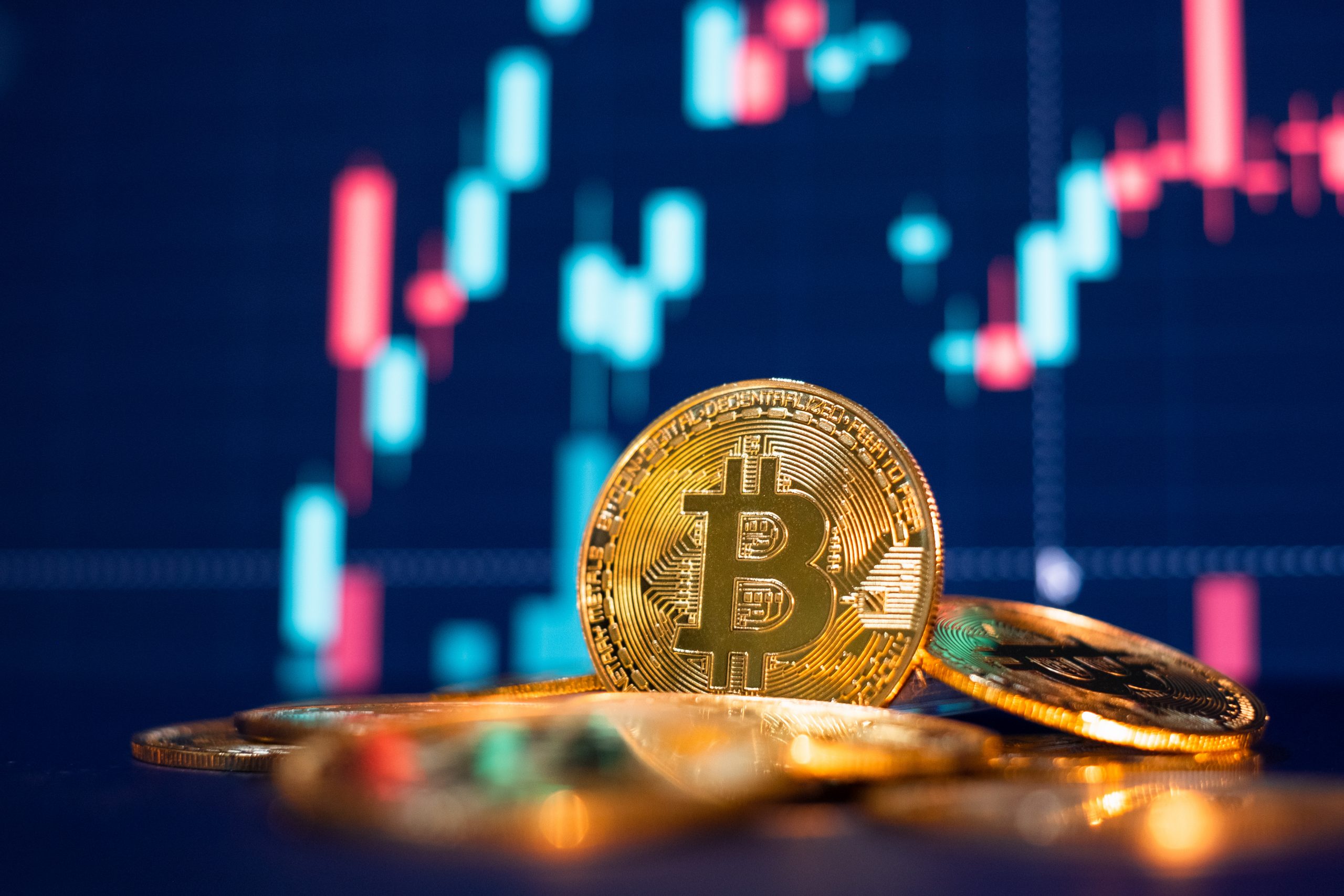Insurance
Tax shock looms for crypto users who hold assets for ‘fun’

Just over half of crypto asset holders said they have some for ‘fun’ but a greater portion – six in 10 – aren’t aware of the tax implications.
An estimated 8% of the UK adult population hold crypto assets while 16% said it was likely they would buy crypto in the future.
By comparison, around 11% of the adult population hold a stocks and shares ISA – a mainstream product which shelters customers from tax.
According to HMRC’s crypto research published today, the majority of holdings are small with 52% saying they have up to £1,000, with 7% holding more than £5,000 in value.
Just over half (52% of the representative 6,000 people polled) said they held crypto for fun, and 8% said it was a gamble. However, one in five (19%) said that crypto was a core part of their investment portfolio. For 55%, they have never sold any holdings.
The HMRC research found that 63% of owners reported making a profit over the year, with 8% reporting a profit in excess of £12,500 when disposing of their cryptoassets. But 14% made a loss and 14% broke even with most profits and losses tending to be less than £500.
But as this research was conducted in the first half of 2021, these figures could be very different today.
Meanwhile six in 10 crypto holders (58%), said they don’t understand the tax implications. And of those who were aware, only 45% identified a possible Capital Gains Tax (CGT) charge.
The research also revealed that crypto owners tended to be younger – 76% were under 45 and the majority (69%) were male.
‘Don’t invest any money you aren’t willing to lose’
Laith Khalaf, head of investment analysis at AJ Bell, said: “When the tax authorities commission a report into the behaviour of crypto holders, you can bet there’s an ulterior motive at work. HMRC’s finding that six in ten crypto holders (58%) don’t know the tax implications of transacting in crypto should be a warning shot across the boughs of anyone who has made large crypto profits. Indeed, even of the four in ten who were aware there could be a tax liability, only 45% correctly identified there may be a Capital Gains Tax charge.
“The small amounts of crypto held by most investors, combined with the annual Capital Gains Tax allowance of £12,300, mean that for the vast majority, CGT is an academic issue. But crypto investors are at risk if they have large holdings, profits from frequent trading, or other assets generating capital gains. This is particularly the case if they encashed last year before the crypto price falls we have seen in the last six months.”
Khalaf added that the Financial Conduct Authority research published last year found that 14% of crypto holders had borrowed money to invest.
“So while the majority of investors are treating crypto as a bit of fun with a very small part of their overall savings, at the periphery there is still the potential for consumer harm, and that is likely to be coming home to roost now crypto prices are sinking. The golden rule of crypto is don’t invest any money you aren’t willing to lose in its entirety,” he said.
Alice Haine, personal finance analyst at Bestinvest, added: “Cryptocurrencies are still evolving as an asset class, which means they are considered more of a speculative investment strategy than the traditional option of investing in the stock market. With some of the wild swings seen over the past few months, it is important those investors are fully aware that the value of their holding can drop as significantly as it can rise.
“Investors should also be aware that cryptoasset holdings can also be subject to tax, such as capital gains tax when they dispose of cryptocurrencies if the gains go above the tax-free allowance of £12,300. While the HMRC research found 42% of cryptoasset owners were aware they might be liable to pay tax; the concerning numbers are that 37% knew little or nothing about CGT and 22% said they were not familiar with the tax at all, putting them at risk of being stung by an unexpected tax bill when they liquidate their asset.”